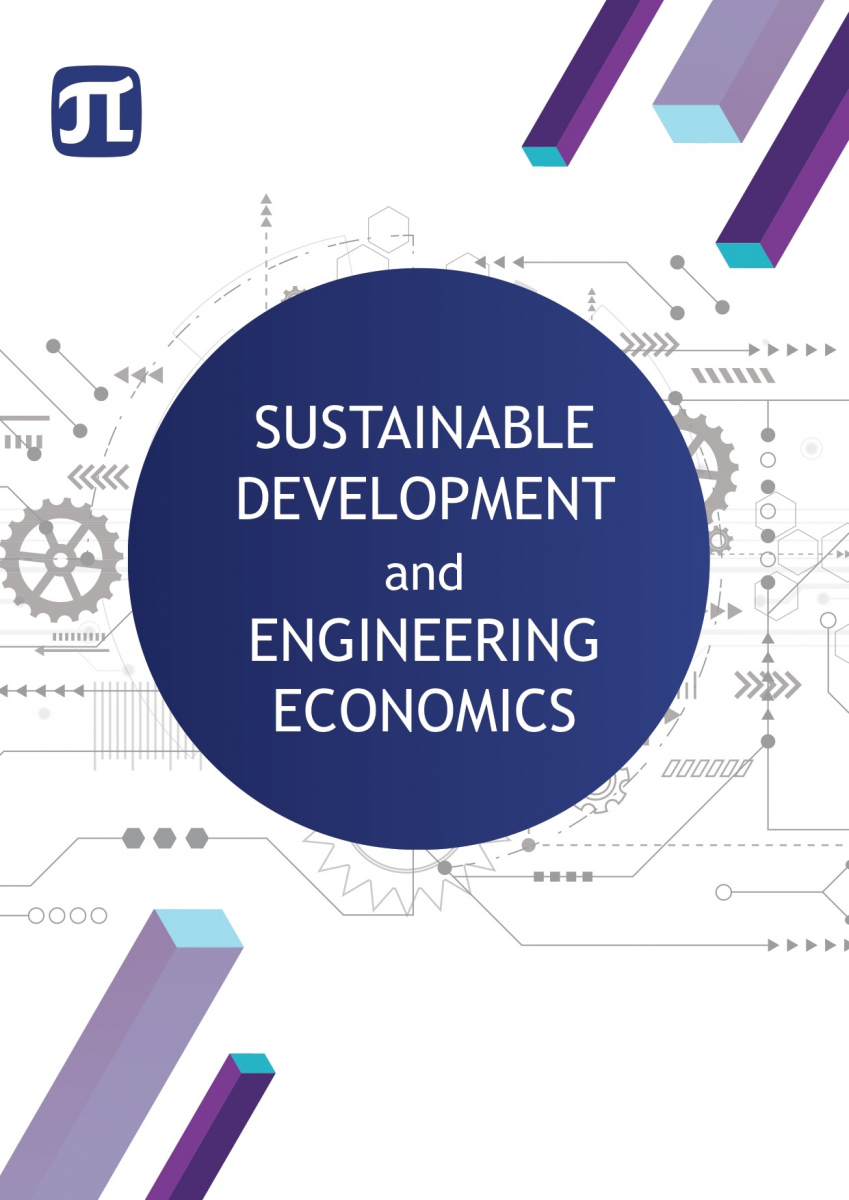HUMAN CAPITAL IN THE DIGITAL ECONOMY AS A FACTOR OF SUSTAINABLE DEVELOPMENT
Digital transformation balances the risks and opportunities related to the development of human capital, while asymmetries arise in economics field and social sustainability. There is a need for continuous improvement, especially in terms of new competency development, due to the growth of information and emotional load, information leakage, digital failures, and the reduction in the rights of employees working remotely. There are risks associated with job cuts, including a fall in the real income of the population, discrimination against various groups of the population, and the growth of socio-economic inequality. Under these conditions, issues related to the access to information technologies for comprehensive professional and personal development are especially relevant. At the present stage, sustainable development, reduced inequality, the appropriate balance of supply and demand in the labour market, and responsible consumption are the priorities of governments. The purpose of this study is to identify the specifics of human capital development in the digital economy, including its trends and limitations. The analysis is based on scientific publications and expert opinions considering statistical and empirical data reflecting problems related to human capital development in the digital economy, culminating in cross-country comparisons of this development. The results of the study include a description of the challenges faced by various groups of the population and a systematisation of the factors that stimulate or restrain employment. The study then ranks the countries in terms of their human capital development in the digital economy.


